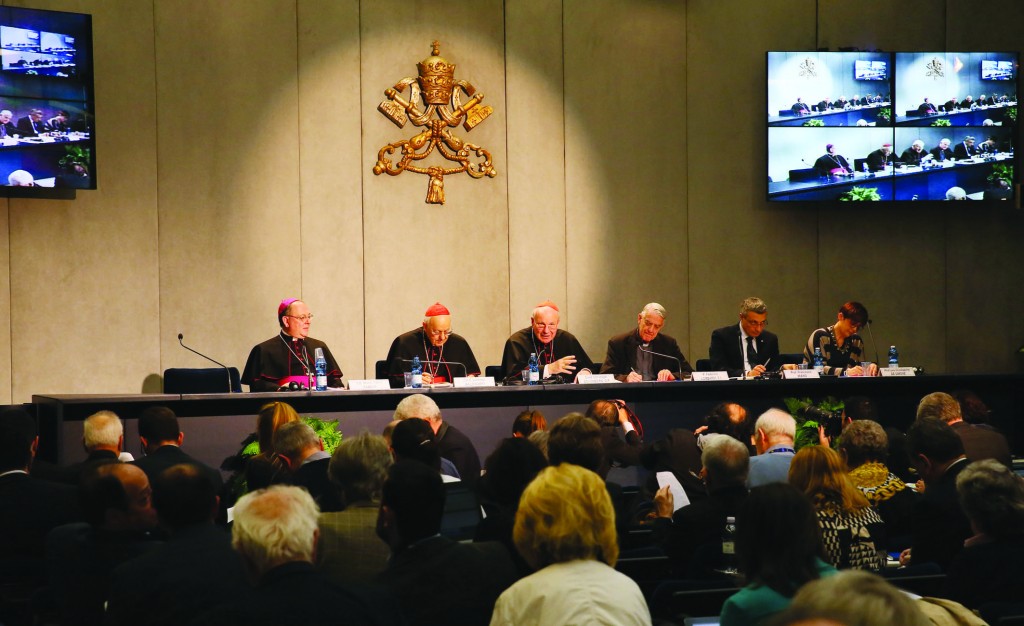
8/04/2016 Vatican City. Press conference presenting Pope Francis’ Post-Synodal Apostolic Exhortation “Amoris laetitia”, on love in the family, in the Holy See Press Office. From left, Bishop Fabio Fabene, Under-Secretary of the Synod of Bishops; Cardinal Lorenzo Baldisseri, Secretary General of the Synod of Bishops; Cardinal Christoph Schonborn O.P., Archbishop of Vienna; Father Federico Lombardi, Director of the Vatican Press Office, and the spouses Prof. Francesco Miano, Professor of Moral Philosophy at the University of Rome Tor Vergata, and Prof. Giuseppina De Simone in Miano, Professor of Philosophy at the Theological Faculty of Southern Italy of Naples (photo Grzegorz Galazka)
The official response of Bishop Athanasius Schneider to Amoris Laetitia
Following are excerpts from the text published on April 24, by His Excellency Athanasius Schneider, auxiliary Bishop of the Archdiocese of St Mary in Astana, Kazakhstan, on the Italian website Corrispondenza Romana. It was the first public statement by a Catholic bishop calling for an official clarification by the Pope of several passages in Amoris Laetitia.
The recently published Apostolic Exhortation “Amoris Laetitia” (AL), which contains a plethora of spiritual and pastoral riches with regard to life within marriage and the Christian family in our times, has unfortunately, within a very short time, led to very contradictory interpretations even among the episcopate. There are bishops and priests who publicly and openly declare that AL represents a very clear opening-up to communion for the divorced and remarried, without requiring them to practice continence.[…]
The way to abusive interpretations appears to have been paved by Cardinal Christoph Schönborn himself, who said… “My great joy as a result of this document resides in the fact that it coherently overcomes that artificial, superficial, clear division between ‘regular’ and ‘irregular.’”
Such a statement suggests that there is no clear difference between a valid, sacramental marriage and an irregular union, between venial and mortal sin. On the other hand, there are bishops who claim that AL ought to be read in the light of the perennial magisterium of the Church and that AL does not permit access to communion for divorced and remarried couples, not even in exceptional cases….
Certain Statements of AL Are Objectively Vulnerable to Misinterpretations
Our Holy Father, Pope Francis, has invited us all to make a contribution to reflection and dialogue on the sensitive issues surrounding marriage and the family… If we analyze certain statements of AL with intellectual honesty within their proper context, we find ourselves faced with difficulties when trying to interpret them in accordance with the traditional doctrine of the Church.
This is due to the absence of the concrete and explicit affirmation of the doctrine and constant practice of the Church… reiterated by Pope John Paul II, who said, “However, the Church reaffirms her practice, which is based upon Sacred Scripture, of not admitting to Eucharistic Communion divorced persons who have remarried. They are unable to be admitted thereto from the fact that their state and condition of life objectively contradict that union of love between Christ and the Church which is signified and effected by the Eucharist.
“Besides this, there is another special pastoral reason: if these people were admitted to the Eucharist, the faithful would be led into error and confusion regarding the Church’s teaching about the indissolubility of marriage… This means, in practice, that … they take on themselves the duty to live in complete continence, that is, by abstinence from the acts proper to married couples” (Familiaris Consortio, 84). Pope Francis has not established “a new general norm of Canon Law, applicable to all cases.” (AL n. 300).
He says, however, in note 336: “This is also the case with regard to sacramental discipline, since discernment can recognize that in a particular situation no grave fault exists.”
Obviously referring to the divorced and remarried, the Pope says in AL, no. 305 that, “because of forms of conditioning and mitigating factors, it is possible that in an objective situation of sin – which may not be subjectively culpable, or fully such – a person can be living in God’s grace, can love and can also grow in the life of grace and charity, while receiving the Church’s help to this end.”
In note 351, the Pope clarifies his statement by saying that “in some cases, this may include the help of the sacraments.” In the same chapter VIII of AL, n. 298, the Pope speaks of the divorced involved in “a second union consolidated over time, with new children, proven fidelity, generous self giving, Christian commitment, a consciousness of its irregularity and of the great difficulty of going back without feeling in conscience that one would fall into new sins. The Church acknowledges situations ‘where, for serious reasons, such as the children’s upbringing, a man and woman cannot satisfy the obligation to separate.’”
In note 329, the Pope cites the document Gaudium et Spes of the Second Vatican Council; unfortunately, he does so in an incorrect fashion, because in the passage in question, the council refers only to valid Christian marriage.
The application of this statement to divorced persons may cause the impression that a valid marriage is to be equated to the union of divorced persons, if not in theory, then in practice….
The Admission of Divorced and Remarried Persons to Holy Communion and its Consequences
…Representatives of the clergy and even of the Episcopate are already affirming that according to the spirit of Chapter VIII of AL, the possibility that in exceptional cases, the divorced and remarried may be admitted to Holy Communion without being required to live in perfect continence cannot be excluded. If we accept such an interpretation of the wording and spirit of AL, we must, if we want to be intellectually honest and respect the law of non-contradiction, also accept the following logical conclusions: The sixth Divine Commandment, which prohibits any sexual act that does not take place within a valid marriage, would no longer be universally valid, but would admit exceptions. …
…The following statements of the Magisterium are still valid because they are part of the infallible Magisterium as expressed by the universal and ordinary Magisterium: “The negative precepts of the natural law are universally valid. They oblige each and every individual, always and in every circumstance…” (St. John Paul II, Encyclical Letter Veritatis Splendor, 52). …In the event of a person committing objectively sinful moral acts in full awareness of the sinfulness of such acts, freely and deliberately, and with the intention of repeating such acts in the future, it is impossible to apply the principle of imputability for a fault because of mitigating circumstances…
The Need for “Veritatis Laetitia”
Fortunately, there can be no doubt that AL contains theological affirmations, as well as spiritual and pastoral guidelines of great value.
However, realistically speaking, it is insufficient to say that AL should be interpreted according to the traditional doctrine and practice of the Church.
If an ecclesiastical document – which, in our case, is neither definitive nor infallible – is found to contain elements likely to give rise to interpretations and applications that could have dangerous spiritual consequences, all members of the Church, and especially the bishops, as the fraternal collaborators of the Supreme Pontiff in effective collegiality, have a duty to report this and respectfully request an authentic interpretation…

Melchior Cano, O.P.
The famous bishop and theologian of the Council of Trent, Melchior Cano, O.P., said these memorable words: “Peter does not need our lies or flattery. Those who close their eyes to the facts and indiscriminately defend every decision of the Supreme Pontiff are those who contribute most to undermining the authority of the Holy See. They destroy its foundations instead of strengthening them.” Our Lord has taught us clearly what constitutes true love and the true joy of love: “He that has my commandments and keeps them, he it is that loves me” (John 14, 21)….
There is therefore a very real basis for the assumption that the confusion may reach truly vast proportions, if one fail to propose and proclaim the following formula of the universal and infallible Magisterium: “Reconciliation in the sacrament of Penance, which would open the way to the Eucharist, can only be granted to those who take on themselves the duty to live in complete continence, that is, by abstinence from the acts proper to married couples” (S. John Paul II, Familiaris Consortio, 84).
This formula is unfortunately and incomprehensibly missing in AL.
However, the apostolic exhortation inexplicably contains the following statement: “In such situations, many people, knowing and accepting the possibility of living ‘as brothers and sisters’ which the Church offers them, point out that if certain expressions of intimacy are lacking, it often happens that faithfulness is endangered and the good of the children suffers.” (AL, 298, n. 329).
Such a statement leaves the impression of a contradiction with regard to the perennial teaching of the universal Magisterium, as formulated in the cited passage from Familiaris Consortio 84. There is an urgent necessity for the Holy See to confirm and re-proclaim the cited formula of Familiaris Consortio 84, perhaps in the form of an authentic interpretation of AL….
Considering the confusion regarding sacramental practice in respect of the divorced and remarried, and the many differing interpretations of AL amongst priests and bishops, one may consider justified the call on our beloved Pope Francis, the Vicar of Christ, the “sweet Christ on earth” (St. Catherine of Siena), to order the publication of an authentic interpretation of AL, which must necessarily contain the explicit proclamation of the disciplinary principle of the universal and infallible Magisterium concerning the admission of divorced and remarried couples to the sacraments, according to the formulation in Familiaris Consortio 84.
+ Athanasius Schneider, Auxiliary Bishop of the Archdiocese of Mary Most Holy in Astana, Kazakhstan.

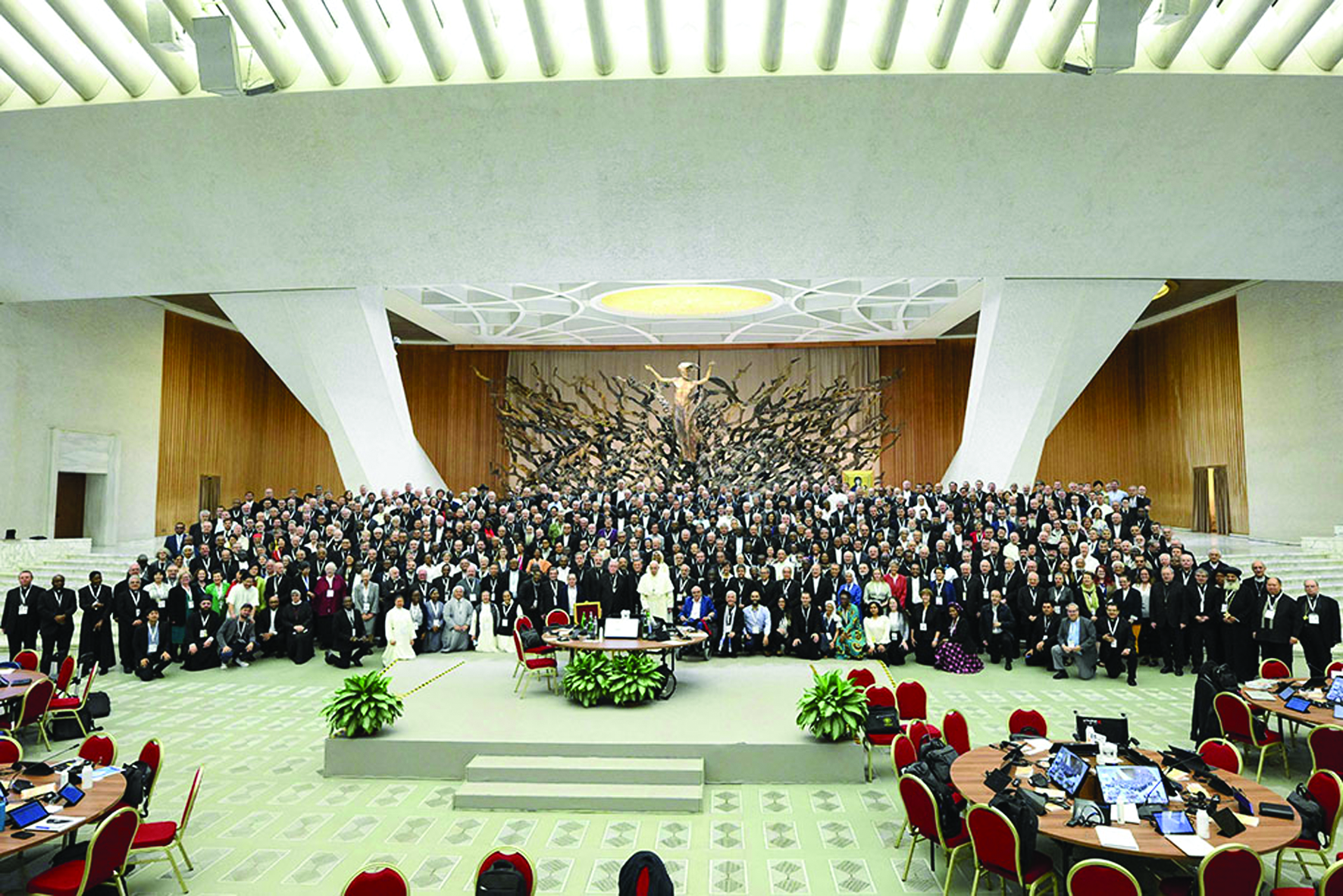
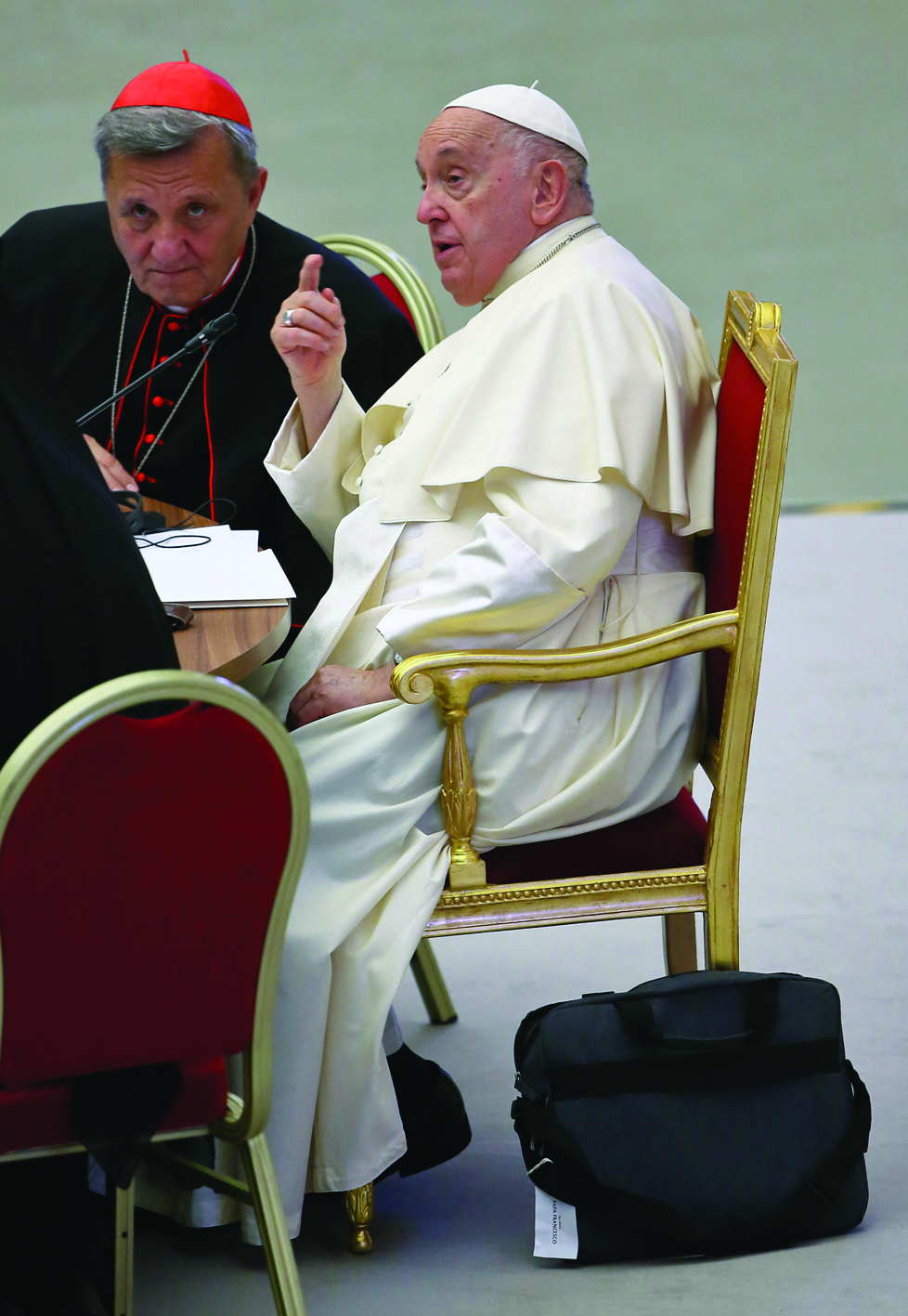
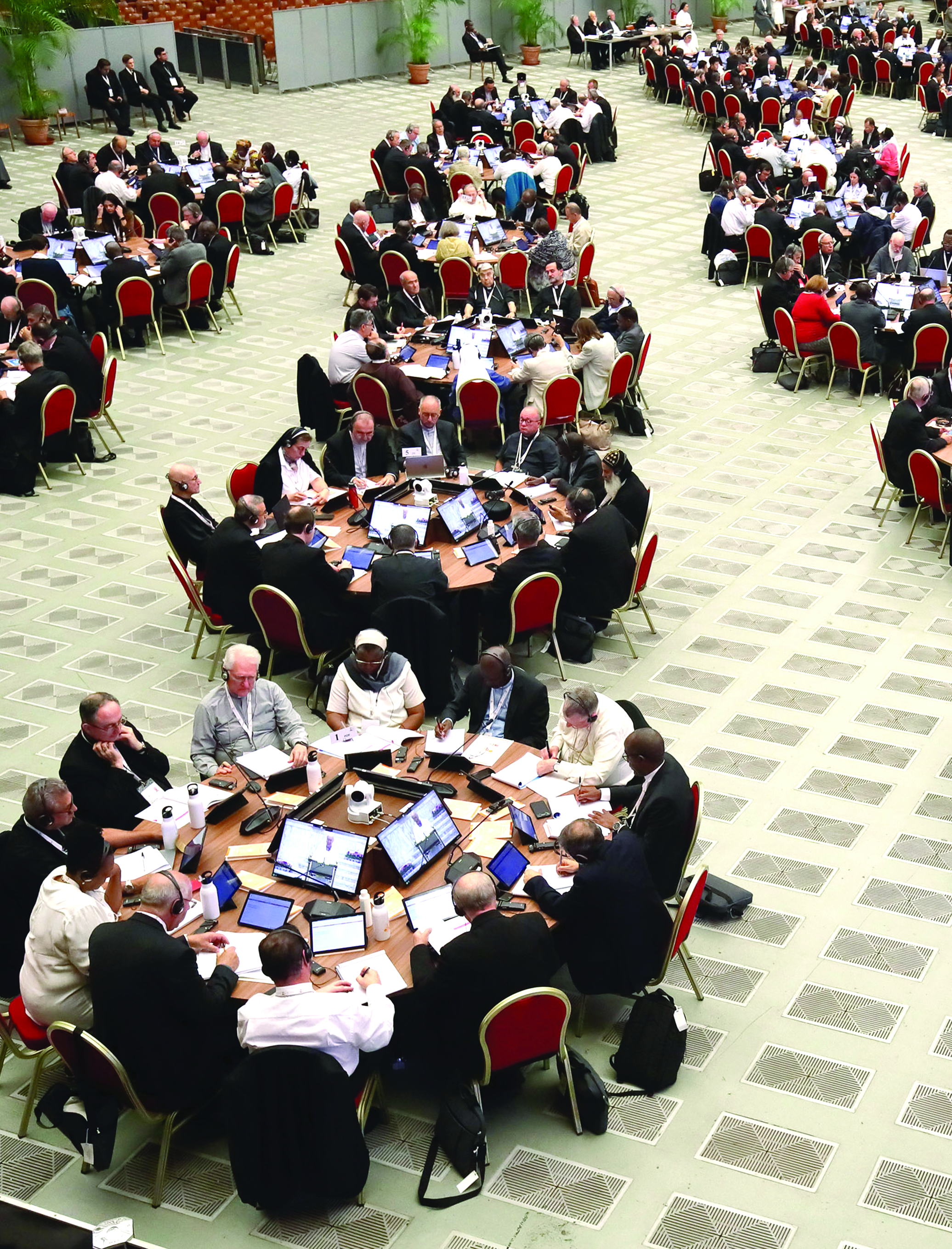
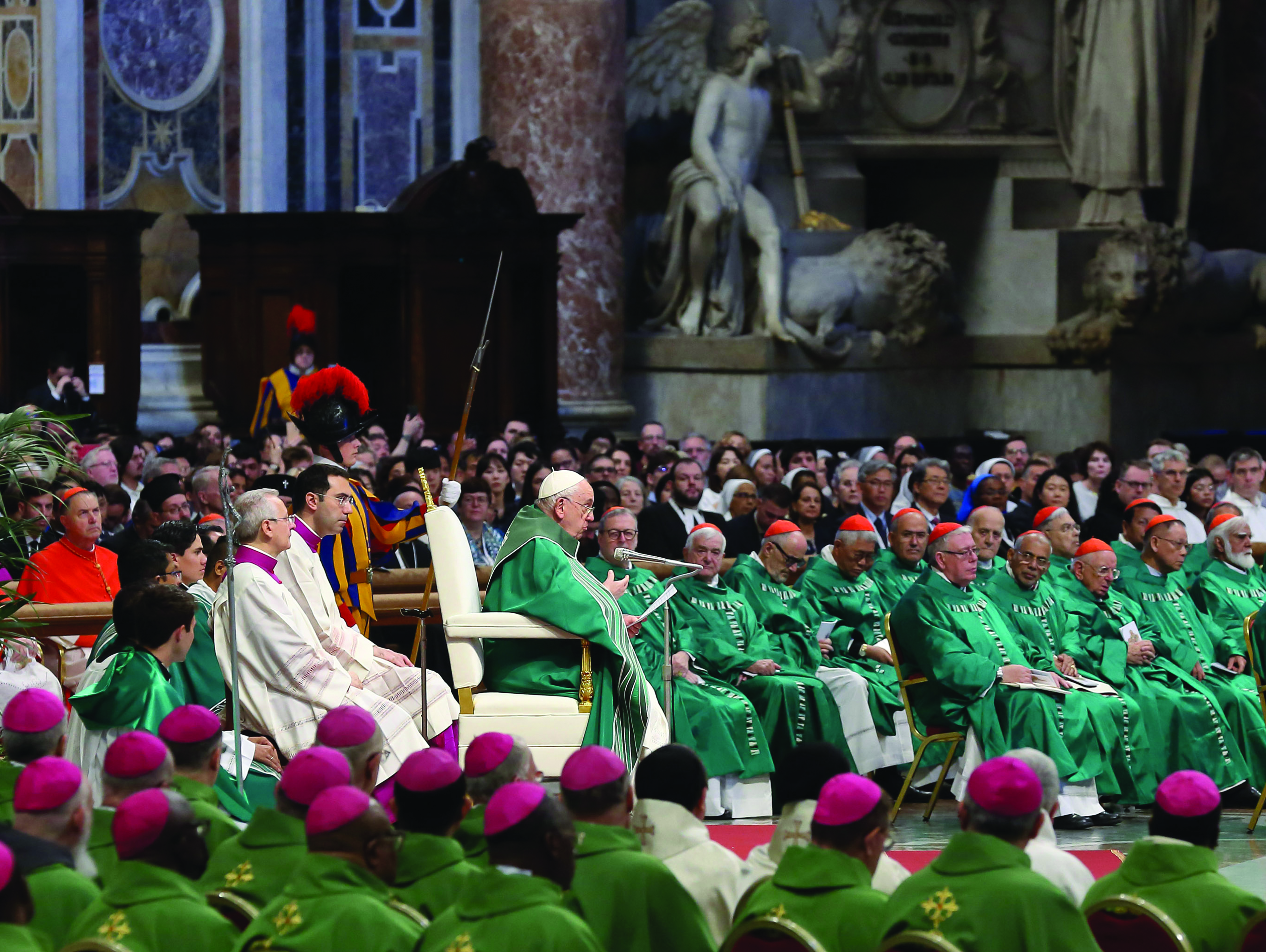
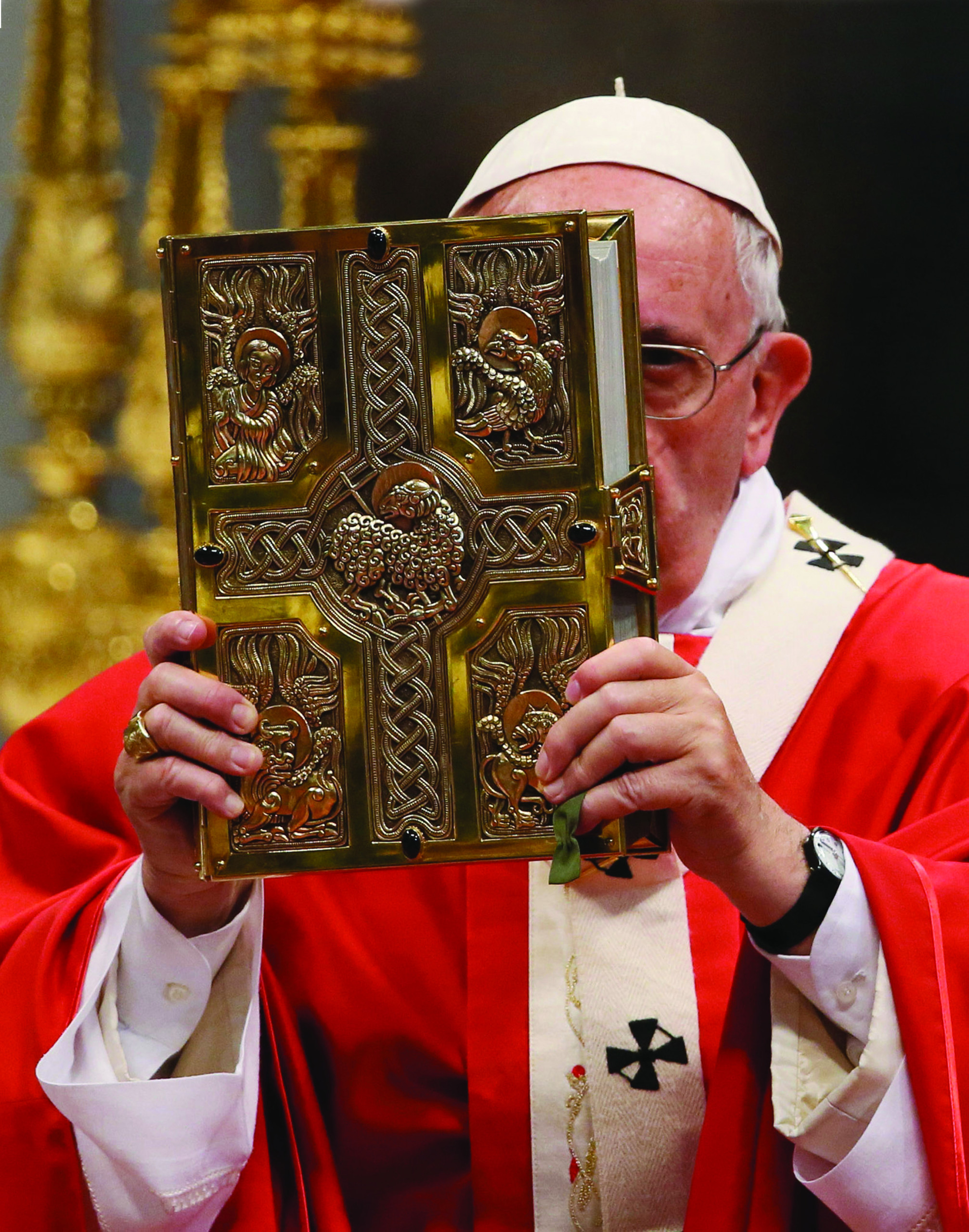
Facebook Comments